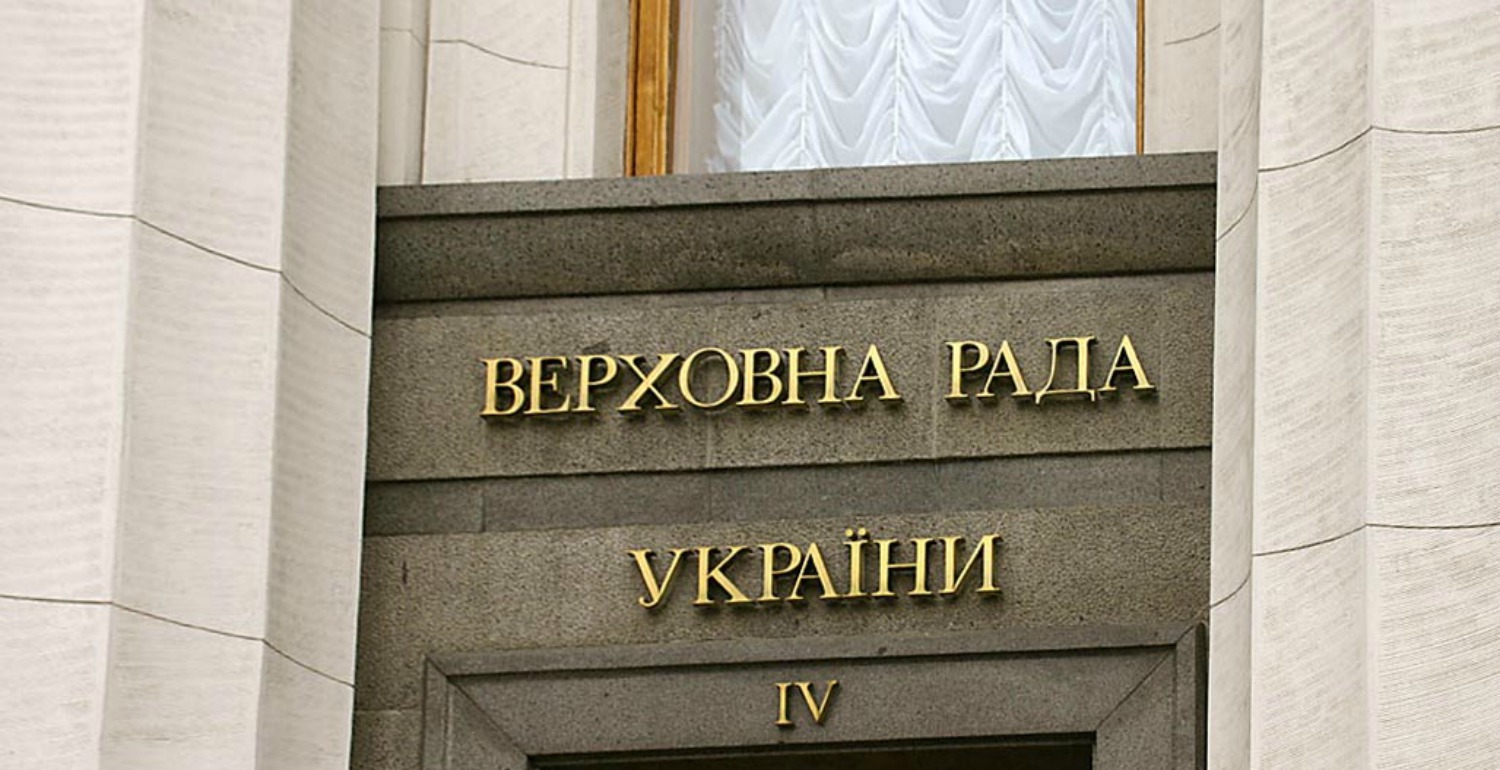By Orest Deychakiwsky, CSCE Staff Advisor
The Helsinki Commission held a public briefing on February 27 which examined the upcoming Ukrainian parliamentary elections scheduled for March 31, 2002.
Commission Chief of Staff Ron McNamara noted commitments undertaken by the 55 OSCE participating States, including Ukraine, to build, consolidate and strengthen democracy as the only form of government for each of the nations. The reason for congressional interest in Ukraine which has been manifested by Senate and House resolutions introduced by a bipartisan group of Helsinki Commissioners, he observed, is “because an independent, secure, democratic, economically stable Ukraine is important, and we want to encourage Ukraine in realizing its own goal of integration into Europe.” The measures call for Ukraine to ensure a democratic, transparent and fair election process.
McNamara underscored the potential impact of the elections, “The parliamentary elections, along with local elections taking place on the same day, will chart Ukraine’s course over the next four years, including on the presidential elections scheduled for 2004.”
Three experts – former U.S. Ambassador to Ukraine William Green Miller, Ambassador Nelson Ledsky of the National Democratic Institute (NDI) and Stephen Nix of the International Republican Institute (IRI) – addressed both positive and negative features of the election process and campaign. All three highlighted the importance of these elections being free and fair.
Ambassador Miller stated: “This election is a crucial election. And it’s very important for Ukraine, for its government, for its system of governance, to have as free and fair an election as possible. It’s crucial to its international reputation and to the dignity of its own people.”
Ambassador Miller described the roles of the various blocs running for the elections, observing that – based on what the polls indicate at this point – the probable outcome reflects the reality of Ukrainian politics in 2002. He did note problem areas, stating that the smaller parties of Yulia Tymoshenko and Oleksandr Moroz are the ones to watch, “…and that’s where much of the pressure on preventing their crossing the four percent threshold will be evident.” These two parties are in open opposition to President Leonid Kuchma.
The issue in the next month, according to Miller, is “whether the shortcomings that have been identified by various people – Ukrainians and sympathetic foreigners – will be attended to. But, I would say, given the complexion of the polling now, there is very little that can be done to alter what seems to be the likely outcome.”
Ambassador Ledsky pointed to pre-election violations documented by the Committee of Voters of Ukraine (CVU) over the last four months which fall into two broad categories – one relating to access to the media and coverage of the elections and the second to the misuse of administrative resources as part of the campaign process. Violations with respect to administrative resources include: government spaces being used for campaign purposes, which is contrary to Ukrainian law; public employees working on political campaigns and citizens pressured to join parties and blocs; the interference of government authorities in campaigning; and the denial by officials of public facilities and services to candidates, parties and blocs. (On election day, the CVU is aiming to field 20,000 observers which would complement the OSCE observation effort which will likely include over 250 international observers.)
Ledsky also emphasized “two distinct contests” going on in Ukraine – the first is the contest for the 225 proportional representation seats in which the parties vying need to surpass the four percent threshold. The second contest is for the 225 single mandate seats. “And here,” said Ambassador Ledsky, “what we are seeing is that the battle is going on behind the scenes in each district, in each oblast, in each constituency. There, administrative resources are being used illegally and with subtlety to make sure that the single mandate seats move in one direction.”
In response to a question about Russian involvement, Ambassador Ledsky noted the “more extensive, more prominent, more visible” level of Russian involvement in this campaign. He underscored the importance of the elections, stating, “We believe very fervently that a correction in the course of the last two or three elections is very badly needed to put Ukraine back on the democratic path.”
Mr. Nix, focusing his remarks on procedural, administrative and legal issues surrounding the elections, praised the new elections law passed by the Verkhovna Rada (parliament) as being “very progressive and a huge improvement over previous law.” Current election law provides dual remedies, both administrative and legal; if a similar complaint is filed both with the administrative agency and with the courts, the court shall issue a stay. Focusing on how election-related disputes will be handled, Mr. Nix expressed concern – based on IRI’s recent pre-election assessment mission to Ukraine – that many judges did not appear to understand “… that they had the right, in fact the duty, to take jurisdiction of these cases and order the administrative actions to cease.”
Mr. Nix observed that a key difference in this election is that political parties now largely staff constituency (district) election commissions and, to a lesser extent, polling station (precinct) commissions – this can be a deterrent to fraud – and noted IRI’s role in training members of these commissions. While parties for the most part have placed people on the polling station commissions, there is concern that some areas in rural villages are not covered, concluding that places in which parties are not represented have “to be a big focus of the monitoring effort.”





